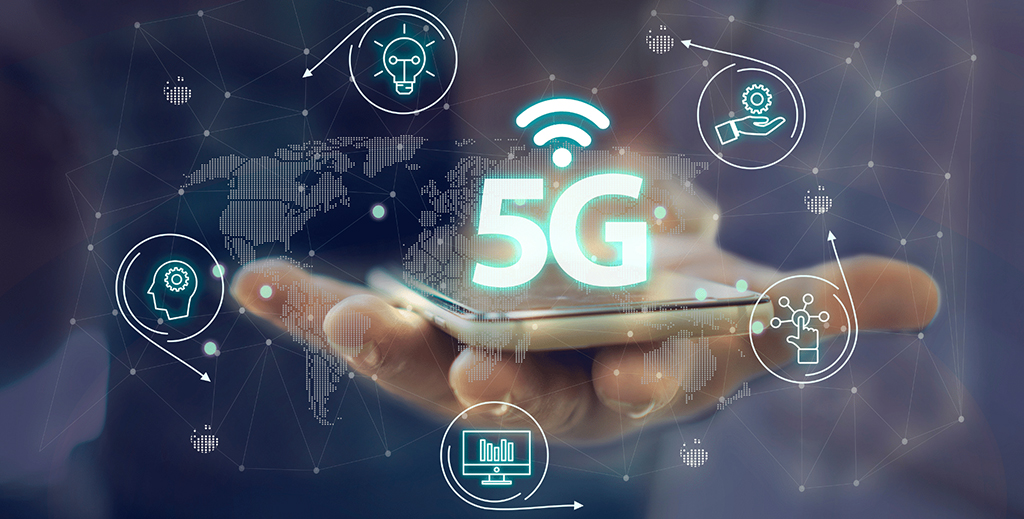
Connectivity is undergoing an evolutionary change in most parts of the world and, in selected areas, a gigantic leap from the frontiers. though the question is how much of the promise is expected to be released soon. The 5G network in Dubai is already live, and we are about to gain a realistic view of how connectivity will be deployed and where it will stand in the coming 10 years and how 5g will change the world. Despite the fact that 5G does not appear in isolation.
Beyond the implications for industry, connectivity is expected to have ramifications for society and equity. It enables more people to plug into global flows of information, services, and communication, which could add more value to the GDP of Dubai. Although Dubai 5G coverage gaps will persist, the trends will unlock human potential and prosperity in many countries around the world.
Market Overview
Etisalat is the leader across the mobile experience in the United Arab Emirates, with availability and consistency awards as part of its bandwidth. When it comes to the gaming experience, DU is the outright winner. 5G download speed along with measures of a 5G network’s extent, 5G availability, and 5G reach The two operators share the remaining 5G experience awards.
The emergence of the 5G network in Dubai has forced these operators to explore innovative solutions and use cases for consumers and businesses.
Nedaa and Nokia will investigate 5G network slicing for smart city and public safety applications
Nokia has signed a Memorandum of Understanding (MMOU) with Nedaa, which is the security provider for the Dubai government. By leveraging 5G technology and Nokia’s innovative technologies, the MOU will explore opportunities and upgrade the NADA telecommunications network across radio access networks and core. The 5G network in Dubai and end-to-end slicing will help Nedaa improve public safety and provide smart city services to concerned organizations and citizens. It paves the foundation for setting up advanced services like the Meta Universe.
The existing network of Nedaa already utilizes the infrastructure of Nokia and extends support to many of the requirements for mission-critical networks. With the emergence of 5G, Nedaa will be able to provide enhanced services for public safety along with the management of vital operations. Examples are automated or connected vehicles, immersive applications for first responders, remote control, video surveillance, and managing thousands of connected devices, IoT applications, and sensors.
The MOU has set a framework where existing network capabilities will be upgraded and advanced and agile services will be introduced to government organizations based on reliable and secure networks. One of the key components of 5G slicing is that it will help Nedaa formulate segment-related solutions for different industries, including oil and gas, transportation, and other government organizations. The MOU sets the bandwidth for the identification of relevant 5G user cases for capturing viable opportunities and monetization.
Nokia is also expected to undertake a technology competence programme covering knowledge transfer and training for the Nedaa employees. Nokia is expected to expand its state-of-the-art operations center (IOC) as the enablement and integration layer for all the 5G user cases, including industry 4.0, public safety applications, and smart cities, with a path to future services like meta-universe and more.